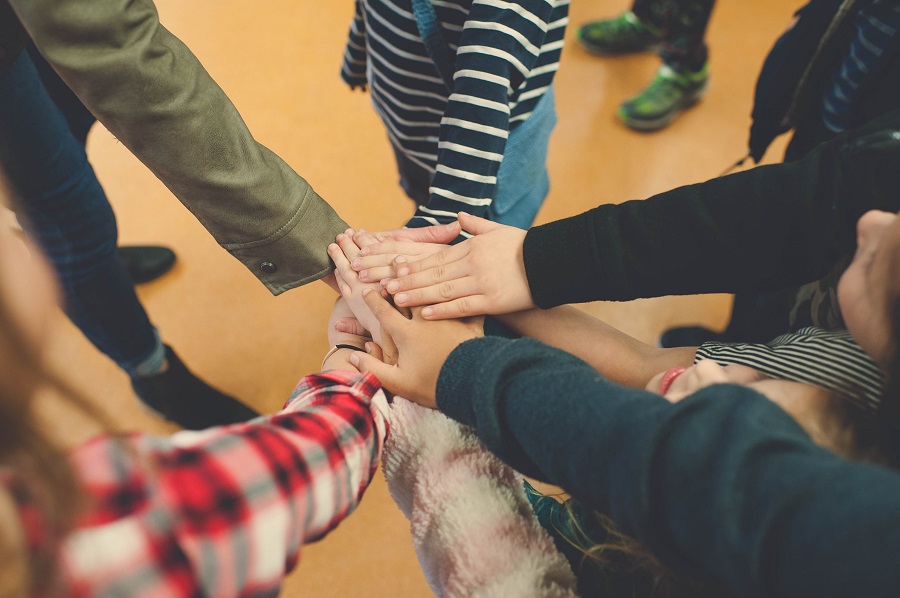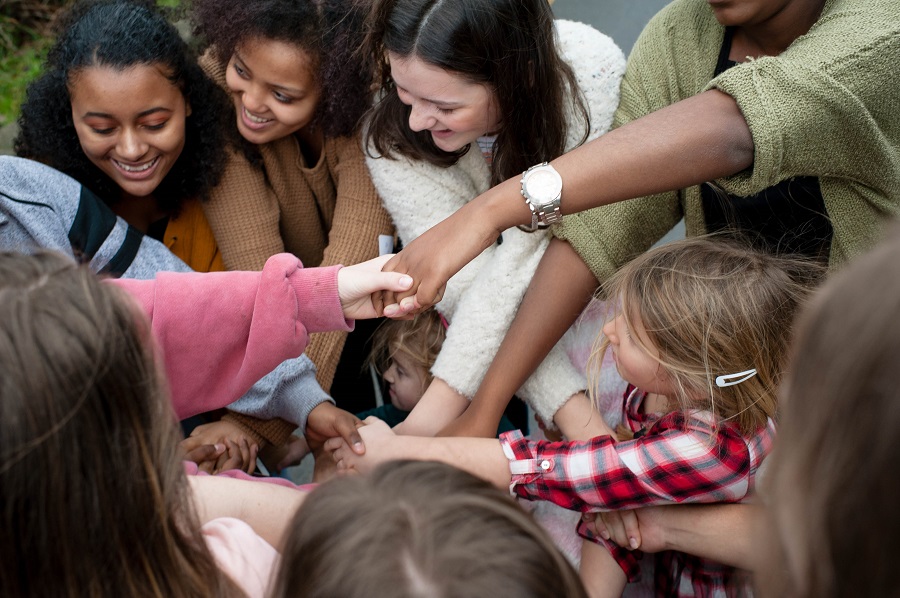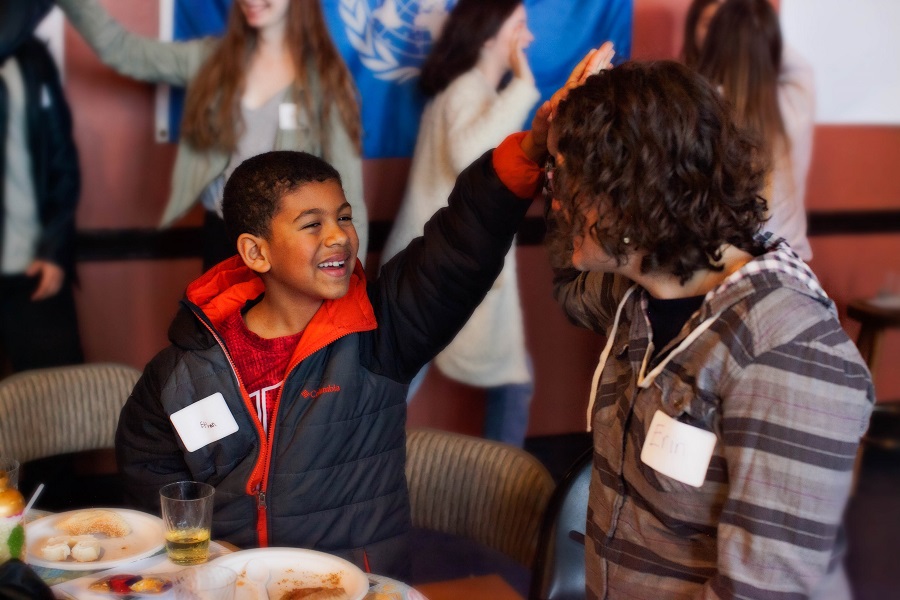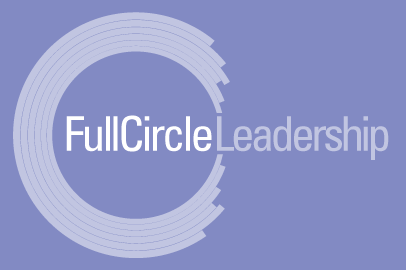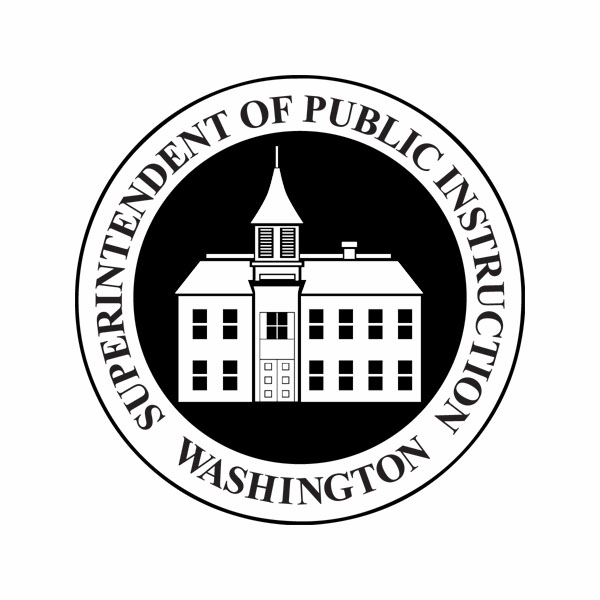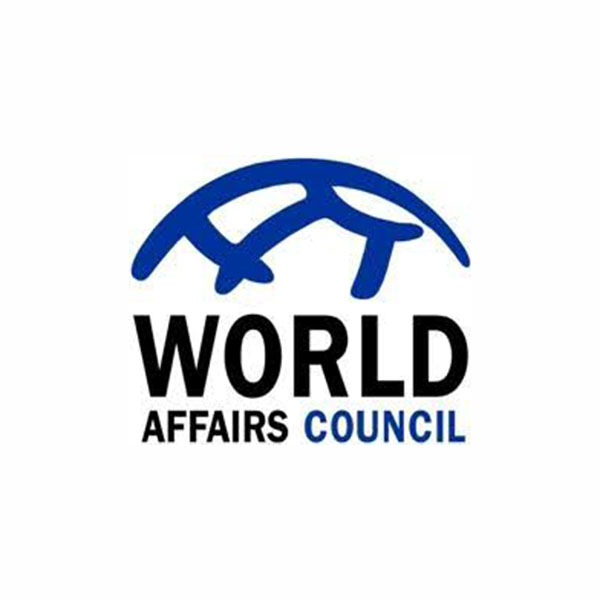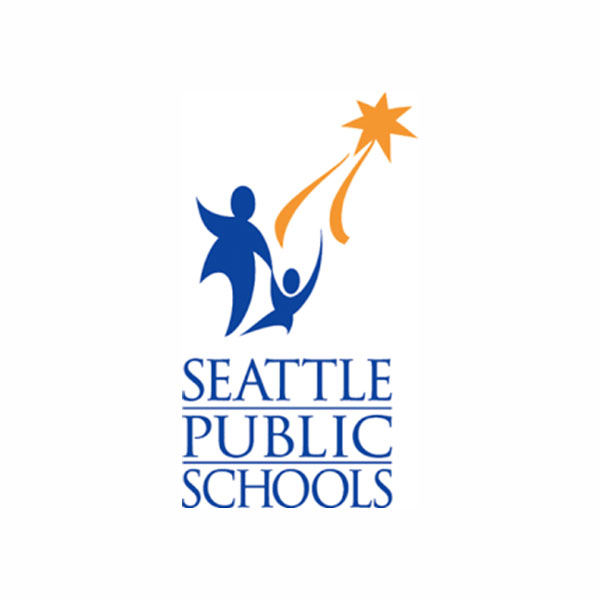democratic Classroom Leadership
2024 Educator Workshops have been postponed
democratic Classroom Leadership Summer Institute (in-person)
July 29 – August 2, 2024 | Evanston Township High School, Evanston IL
Download Brochure | More information
Brochure for CPS only
democratic Classroom Leadership Summer Institute (in-person)
August 19 – August 23, 2024 | Bellevue College, Bellevue WA
Download Brochure | More information
democratic Classroom Leadership Summer Institute (on Zoom)
August 2024 (dates tbd) | 8am – 11am PST / 10am – 1pm CST | More information
democratic Classroom Leadership Workshops
& Coaching for Educators
-
TAKE-AWAYS
Structures for a Culture of Equity and Culturally-Responsive Practices
Address and discuss issues of identity, race, equity and inclusion so we can more effectively address our own biases (internalized superiority and/or oppression), resulting in students showing up as more whole human beings with their identities intact. And, raise awareness of how students can become active change agents for equity in and outside of the classroom.Understanding behavior from Anti-Oppression Lens
Learn to understand the student’s beliefs behind the behavior in their striving to find a place of belonging. Learn the four mistaken goals of behavior and how you can turn negative behaviors (“confrontational”, “annoying”, “withdrawn”) into positive opportunities for leadership.Class Jobs/Roles
Share ownership of and responsibility for the class, teaching and community with students. Build a sense of belonging and purpose for each person.Class Agreements & Collective Accountability
Create a process in which students collaborate to build curriculum and assessment norms, class-room environment and shared ownership of upholding those agreements with “loving accountability” for their community—moving the teacher from management and “control” to leadership and influence. Move beyond reward & punishment; learn to use restorative practices including natural & logical consequences, encouragement; i.e.: methodologies based on mutual respect (“power with” not “power over”).Class Meetings/Restorative Circles
Establish a weekly circle to work out all “behavioral”, classroom climate issues (i.e.: opportunities for human growth and connection), to build authentic relationships (student : student and student : educator) and to become a unified team.Community Building on the Positive
Create a powerful team in which all students are integral to the whole; use Theatre of the Oppressed to build group integrity, cooperation, collaboration and empathy. Enable true student leadership to emerge in classroom community. Learn how to build on the positive while downplaying mistakes and the negative. Learn how to invest in relationships and receive invaluable academic and social-emotional returns on your investment.Culture of Critical & Systems Thinking Essential for Interdependent Cooperation
Facilitate community learning (a stake in the commons) in which students learn and practice leadership skills to address critical 21st century global issues.Dual Language & ELL Immersion Strategies
Enable students to gain optimum comfort with languages by weaving community and content and integrating curriculum from students’ cultures and lived experiences. -
For scholarships, please email Anne at info@fullcircleleadership.org to make a scholarship request or ask your administrator to email Anne with the amount/number of educators that school can afford. Include full names of all teachers applying. We’ll email you a confidential coupon for your online registration to issue the scholarship. Number of scholarships limited.
-
Full Circle Leadership Center (FCLC) is an OPSI approved clock hour provider. Participants are eligible to earn clock hours from the Washington Office of the Superintendent of Public Instruction for all FCLC workshops. Clock hours are provided free of charge to all educators who attend. Please feel free to contact us for more information.
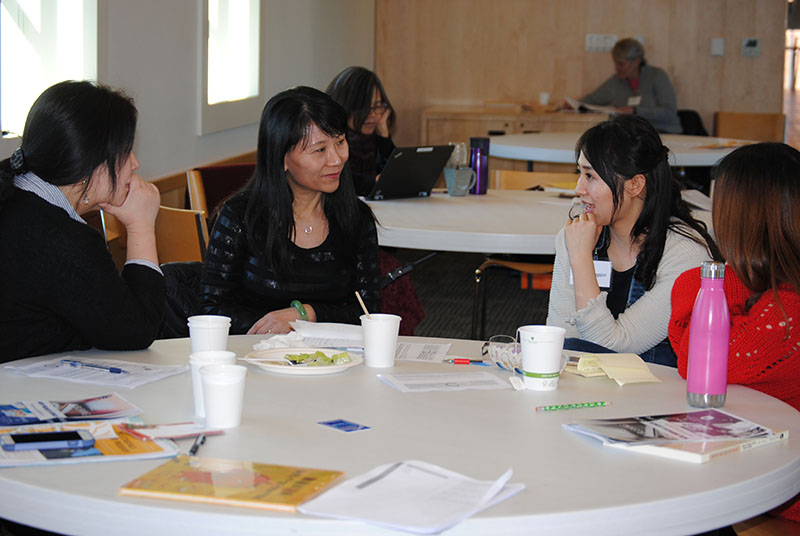
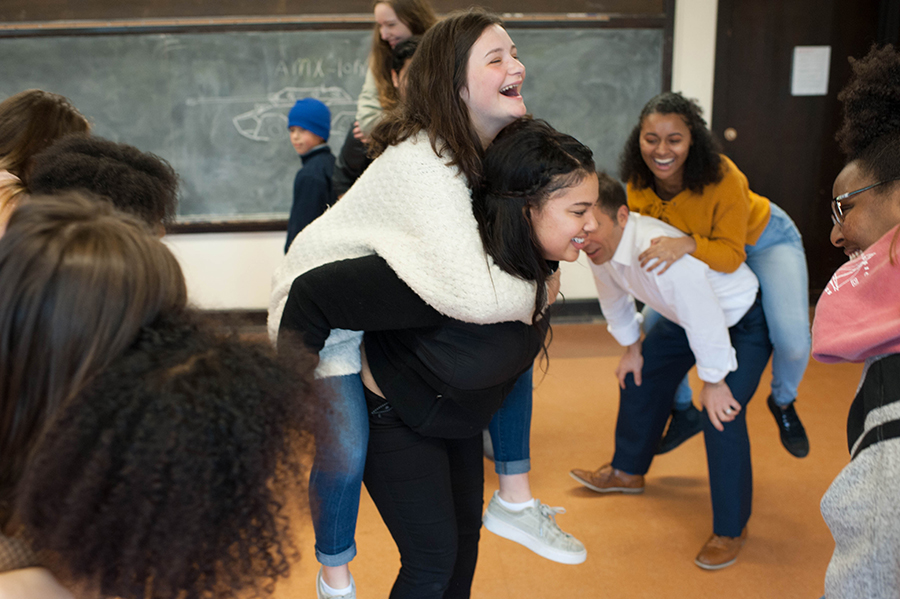
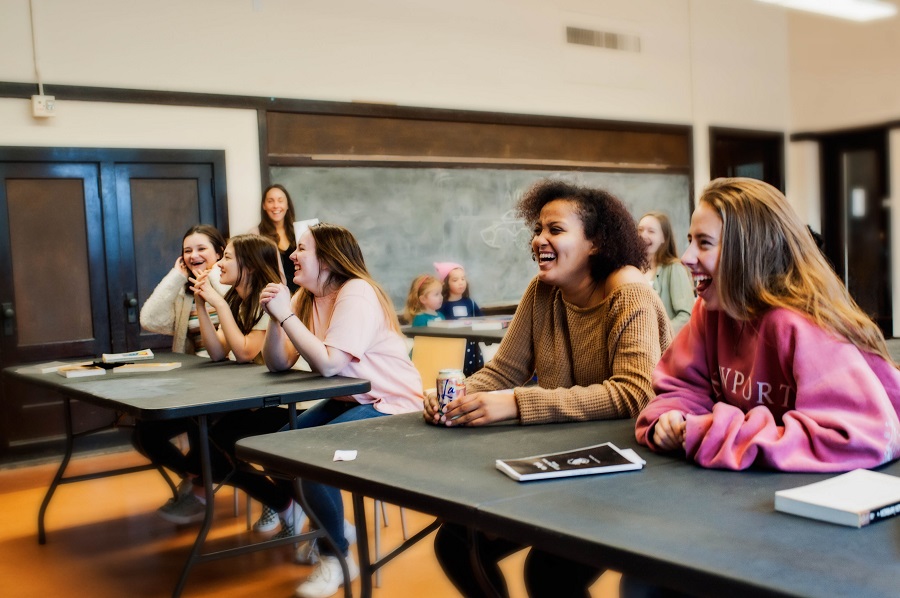
Introductory Workshops
-
democratic Classroom Leadership SUMMER INSTITUTE
“What did you say to my faculty!? They have talked about how ‘life changing’ their five days with you were. THANK YOU! What you have done is truly amazing and I am appreciative of your willingness to invest in us. I am extremely grateful for our partnership. This is culturally responsive teaching!”
Marcus A. Campbell, Ed.D., Superintendent / Principal, Evanston Township High School, Evanston, IllinoisWORKSHOP DESCRIPTION (download brochure)
Brochure for CPS onlyThis interactive workshop engages educators to explore hands-on restorative strategies to build democratic classrooms for all learners. By de-centering whiteness and addressing white supremacy culture and by shifting from a “power-over” to a “power-with” framework, educators learn to co-create a learning community with their students where all can find a place of belonging. Educators learn to operationalize culturally responsive teaching resulting in students taking ownership of their learning in unprecedented ways: ELL students acquire language and content with greater facility; all students build 21st Century skills–collaboration, communication, creativity, and critical thinking. Workshop participants learn a strength-based pedagogy that recognizes agency in all kinds of students, creating a space for them to become engaged leaders in the classroom and beyond.
WHO
K-12 educators & administrators and college level educators of all content areas.CLOCK HOURS
35 clock hours with option for up to 15 additional clock hours in further asynchronous work (per your district policies)COST & PARTIAL SCHOLARSHIPS
Individual: $1055 / Early Bird Rate: $975 (by March 31, 2024)
Group Rate: $975 (3+ from same institution)
Included in price:
Parking
Light Continental Breakfast & Lunch
Up to 35 Free Clock Hours (per your district policies)For scholarships, please email Anne at info@FullCircleLeadership.org to make a scholarship request or ask your administrator to email Anne with the amount/number of people that school can afford. Include full names of all teachers applying. We’ll email you a confidential coupon code for your online registration to issue the scholarship.
FOR MORE INFO
please email Anne: info@fullcircleleadership.orgLEAD FACILITATORS
Chris Fontana, MA, is a parent, an anti-oppression educator, and Founder & Executive Director of Full Circle Leadership Center. He has facilitated professional development workshops for over 2,300 educators and leaders and has taught 5,000 youth over 34 years in both classroom and experiential education.
Ganae McAlpin, MA, is a parent, Director of Equity, former History teacher, and facilitator for the second-year induction program at Evanston Township High School. Ganae is currently pursuing her Doctorate in Curriculum from DePaul University.
Co-Facilitators may include Poonam Patel, Abdel Shakur, Corrie Cockrell MA, Steven Speight MA, BreAnna Jones, and Michelle Lyle Berry depending on the session.
Full bios & photos for all facilitators and co-facilitators here.
“After twenty-three years in the classroom, it was great to have my mind blown.”
– Teacher, Garfield H.S.FOLLOW-UP
democratic Classroom Leadership Learning Community option available which includes up to 35 clock hours of additional learning opportunities from Full Circle Leadership Center.TAKE-AWAYS
Structures for a Culture of Equity and Culturally-Responsive Practices
Address and discuss issues of identity, race, equity and inclusion so we can more effectively address our own biases (internalized superiority and/or oppression), resulting in students showing up as more whole human beings with their identities intact. And, raise awareness of how students can become active change agents for equity in and outside of the classroom.Understanding behavior from Anti-Oppression Lens
Learn to understand the student’s beliefs behind the behavior in their striving to find a place of belonging. Learn the four mistaken goals of behavior and how you can turn negative behaviors (“confrontational”, “annoying”, “withdrawn”) into positive opportunities for leadership.Class Jobs/Roles
Share ownership of and responsibility for the class, teaching and community with students. Build a sense of belonging and purpose for each person.Class Agreements & Collective Accountability
Create a process in which students collaborate to build curriculum and assessment norms, class-room environment and shared ownership of upholding those agreements with “loving accountability” for their community—moving the teacher from management and “control” to leadership and influence. Move beyond reward & punishment; learn to use restorative practices including natural & logical consequences, encouragement; i.e.: methodologies based on mutual respect (“power with” not “power over”).Class Meetings/Restorative Circles
Establish a weekly circle to work out all “behavioral”, classroom climate issues (i.e.: opportunities for human growth and connection), to build authentic relationships (student : student and student : educator) and to become a unified team.Community Building on the Positive
Create a powerful team in which all students are integral to the whole; use Theatre of the Oppressed to build group integrity, cooperation, collaboration and empathy. Enable true student leadership to emerge in classroom community. Learn how to build on the positive while downplaying mistakes and the negative. Learn how to invest in relationships and receive invaluable academic and social-emotional returns on your investment.Culture of Critical & Systems Thinking Essential for Interdependent Cooperation
Facilitate community learning (a stake in the commons) in which students learn and practice leadership skills to address critical 21st century global issues.Dual Language & Multi-Language Learners Immersion Strategies
Enable students to gain optimum comfort with languages by weaving community and content and integrating curriculum from students’ cultures and lived experiences. -
TAKE-AWAYS
Structures for Equity & Inclusion & Culturally Responsive Teaching
Address and discuss issues of identity, race & equity and inclusion so one can more effectively address one’s own biases and internalized superiority and/or oppression; students begin showing up as more whole human beings with their identities intact; raise awareness of how students can become active change agents for equity in and outside the classroom.Class Agreements & Accountability
Create a process in which students collaborate to build curriculum and assessment norms, class-room environment and shared ownership of upholding those agreements with “loving accountability” for their community—moving the teacher from management and “control” (an illusion) to leadership and influence. THEN, move beyond reward & punishment; learn to use restorative practices including natural & logical consequences, encouragement; ie: methodologies based on mutual respect (“power with” rather than “power over”).Class Meetings
Establish a weekly circle forum to work out all “behavioral”, classroom climate issues [ie: opportunities for growth] and to build authentic relationships (student : student and student : educator) & to become a unified team.Community Building on the Positive
Create a powerful team in which all students are integral to the whole; use Theatre of the Oppressed to build group integrity, cooperation, collaboration and compassion. Enable true student leadership to emerge in classroom community. Learn how to build on the positive while ignoring the negative. Learn how to invest in relationships and get invaluable academic and social-emotional returns on your investment.Class Jobs/Roles
Share ownership and responsibility of class, teaching and community with students. Build a sense of belonging for each person.Dual Language & Multi-Lingual Learners Immersion Strategies
Enable students to gain optimum comfort with languages by entering curriculum around students’ cultures and lived experiences.Culture of Critical & Systems Thinking Essential for Interdependent Cooperation
Facilitate community learning (a stake in the commons) in which students learn and practice leadership skills to address critical 21st century global issues.Understanding behavior
Learn to understand the student’s belief behind the behavior in their striving to find a place of belonging. Learn the four mistaken goals of behavior and how you can turn negative behaviors (“confrontational”, “annoying”, “withdrawn”) into positive opportunities for leadership. -
Design your classes to create engaged civic leaders and global citizens.
TAKE-AWAYS
Structures for Equity & Inclusion & Culturally Responsive Teaching
Address and discuss issues of identity, race & equity and inclusion so one can more effectively address one’s own biases and internalized superiority and/or oppression; students begin showing up as more whole human beings with their identities intact; raise awareness of how students can become active change agents for equity in and outside the classroom.Class Agreements & Accountability
Create a process in which students collaborate to build curriculum and assessment norms, class-room environment and shared ownership of upholding those agreements with “loving accountability” for their community—moving the teacher from management and “control” (an illusion) to leadership and influence. THEN, move beyond reward & punishment; learn to use restorative practices including natural & logical consequences, encouragement; ie: methodologies based on mutual respect (“power with” rather than “power over”).Class Meetings
Establish a weekly circle forum to work out all “behavioral”, classroom climate issues [ie: opportunities for growth] and to build authentic relationships (student : student and student : educator) & to become a unified team.Community Building on the Positive
Create a powerful team in which all students are integral to the whole; use Theatre of the Oppressed to build group integrity, cooperation, collaboration and compassion. Enable true student leadership to emerge in classroom community. Learn how to build on the positive while ignoring the negative. Learn how to invest in relationships and get invaluable academic and social-emotional returns on your investment.Class Jobs/Roles
Share ownership and responsibility of class, teaching and community with students. Build a sense of belonging for each person.Dual Language & ELL Immersion Strategies
Enable students to gain optimum comfort with languages by entering curriculum around students’ cultures and lived experiences.Culture of Critical & Systems Thinking Essential for Interdependent Cooperation
Facilitate community learning (a stake in the commons) in which students learn and practice leadership skills to address critical 21st century global issues.Understanding behavior
Learn to understand the student’s belief behind the behavior in their striving to find a place of belonging. Learn the four mistaken goals of behavior and how you can turn negative behaviors (“confrontational”, “annoying”, “withdrawn”) into positive opportunities for leadership.
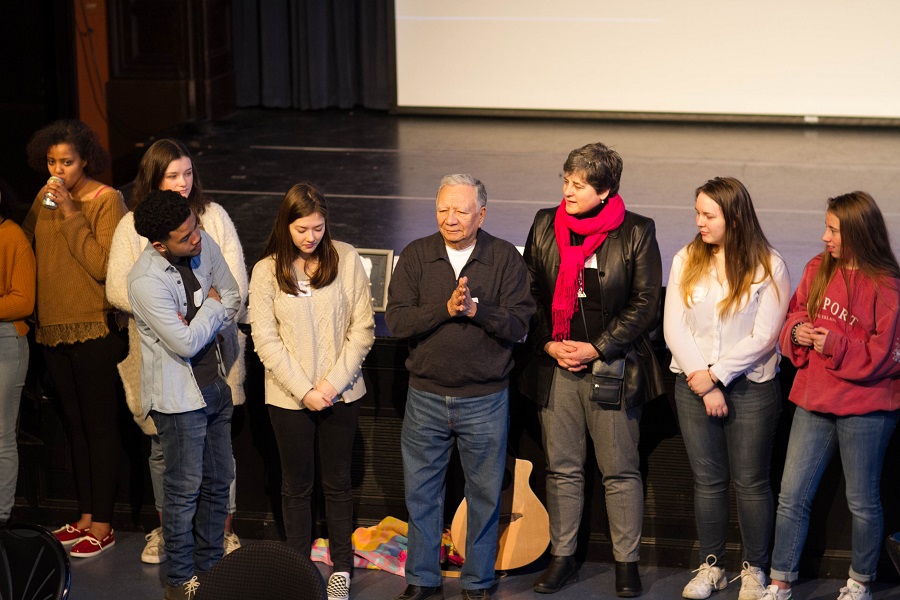
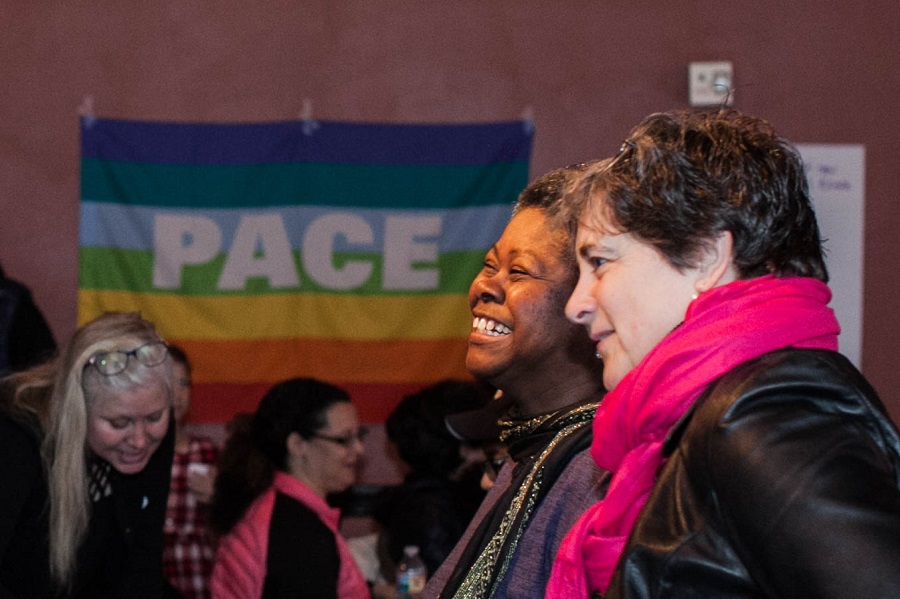
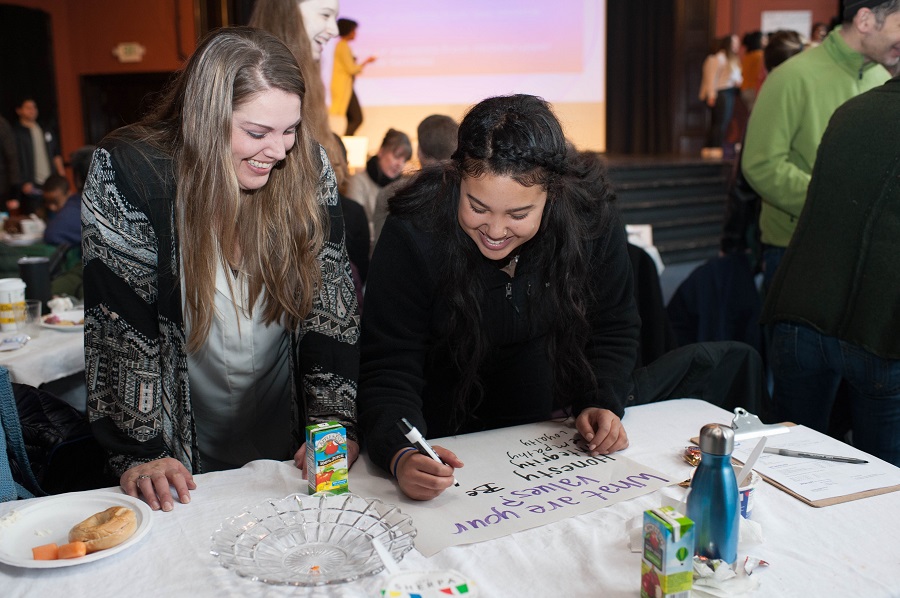
Intermediate Level Workshops
-
A Transformative Experience for K-12 Educators. Up to 15 Free Clock Hours. Details Below.
Workshop Description
- 2 days @ 6-hrs/day (lunch included)
- Clock hours: 12 synchronous hours; up to 15 hours of asynchronous clock hours available (per your district’s policies)
This interactive workshop builds on the foundation of the Level 1 Summer Institute and engages educators to more deeply explore hands-on restorative strategies to build democratic classrooms for all learners. By decentering whiteness and addressing white supremacy culture and by shifting from a “power-over” to a “power-with” framework, educators learn to co-create a learning community with their students where all can find a place of belonging. Educators learn to operationalize culturally responsive teaching resulting in students taking ownership of their learning in unprecedented ways: Multi-Lingual learners acquire language and content with greater facility; all students build 21st Century skills–collaboration, communication, creativity, and critical thinking. Workshop participants learn a strength-based pedagogy that recognizes agency in all kinds of students, creating a space for them to become engaged leaders in the classroom and beyond.
Follow-Up
Democratic Classroom Leadership Learning Community 2022-23 option available which includes up to additional clock hours & learning opportunities from Full Circle Leadership Center.
Take-Aways
Structures for a Culture of Equity and Culturally-Responsive Practices
Address and discuss issues of identity, race, equity and inclusion so we can more effectively address our own biases (internalized superiority and/or oppression), resulting in students showing up as more whole human beings with their identities intact. And, raise awareness of how students can become active change agents for equity in and outside of the classroom.Understanding behavior from Anti-Oppression Lens
Learn to understand the student’s beliefs behind the behavior in their striving to find a place of belonging. Learn the four mistaken goals of behavior and how you can turn negative behaviors (“confrontational”, “annoying”, “withdrawn”) into positive opportunities for leadership.Class Jobs/Roles
Share ownership of and responsibility for the class, teaching and community with students. Build a sense of belonging and purpose for each person.Class Agreements & Collective Accountability
Create a process in which students collaborate to build curriculum and assessment norms, class-room environment and shared ownership of upholding those agreements with “loving accountability” for their community—moving the teacher from management and “control” to leadership and influence. Move beyond reward & punishment; learn to use restorative practices including natural & logical consequences, encouragement; i.e.: methodologies based on mutual respect (“power with” not “power over”).Class Meetings/Restorative Circles
Establish a weekly circle to work out all “behavioral”, classroom climate issues (i.e.: opportunities for human growth and connection), to build authentic relationships (student : student and student : educator) and to become a unified team.Community Building on the Positive
Create a powerful team in which all students are integral to the whole; use Theatre of the Oppressed to build group integrity, cooperation, collaboration and empathy. Enable true student leadership to emerge in classroom community. Learn how to build on the positive while downplaying mistakes and the negative. Learn how to invest in relationships and receive invaluable academic and social-emotional returns on your investment.Culture of Critical & Systems Thinking Essential for Interdependent Cooperation
Facilitate community learning (a stake in the commons) in which students learn and practice leadership skills to address critical 21st century global issues.Dual Language & Multi-Lingual Learners Immersion Strategies
Enable students to gain optimum comfort with languages by weaving community and content and integrating curriculum from students’ cultures and lived experiences. -
This workshop builds upon concepts learned in the week-long summer institute and focus on refining teachers’ skill in building effective class meetings and class jobs as well as build a deeper understanding of Adlerian principles in order to improve the way teachers react “in the moment.”
Principles covered include, 4 mistaken goals, logical & natural consequences, putting them in the same boat, and other Adlerian concepts that participants bring up. The workshop will include minimal presentation time and instead, provide ample time for role playing, practical discussion, and hands on application of the tools and concepts covered in the workshop.
-
Prerequisite: Participants from previous Summer Institutes are invited to this 2-day workshop to deepen their understanding of the theory and implementation of democratic classroom leadership practices.
Educators will gain:
A deeper understanding of behavior – including: using family constellation; decoding the child’s private logic; employing the class meeting to solve all conflicts effectively; winning over traumatized or withdrawn students by addressing mistaken goals.More hands-on skills to empower classes to “make sure that everyone gets it” resulting in a close-knit learning community.
Greater depth and fluidity with restorative practices.
-
See student (and human) behavior through an entirely new lease. Learn how you can turn negative behavior into positive outcomes and how to understand the student’s belief behind the behavior so that your interventions can be more effective.
Outcomes/Take Aways:
Participants learn to identify the four mistaken goals of behavior and how we co-create conflicts. Participants learn how:
- to address students needing undue attention
- to side-step the struggle for power
- to defuse the anger on both sides, and
- to get withdrawn, “hopeless” students re-engaged.
Professional Development Workshops for you School
-
FCLC will design a tailor made workshop to suit the needs of your staff and/or school community.
Learn More
democratic Classroom Leadership Professional Learning Community
-
DCL Strategies include:
• Restorative Relationship Building & Problem-Solving Practices
• Class Agreements
• Class Meetings
• Community Building
• Class Jobs & Roles
• Understanding Behavior from Social Justice FrameThe DCL Learning Community Engages Educators to:
• Explore a hands-on culturally responsive and social-emotional pedagogy strategies for building inclusive, equitable, and democratic learning communities.
• Address the opportunity gap by enabling all students to and their place of belonging and embrace their learning and their relationships with peers and the educator in unprecedented ways.
• Build student leadership skills via the 4 Cs of 21st Century skills: collaboration, communication, creativity, and critical thinking.
• Develop their practice in domains 2 (Classroom Environment) and 3 (instruction) of the Danielson framework.Optional Services:
• 1/2 Day Refresher Workshop (3 hrs)
• 1 Day Refresher Workshop (6 hrs)
• Observations & Coaching (as needed)Contact FCLC for more info and to set dates. Consider partnering with another school(s) to offset costs.
